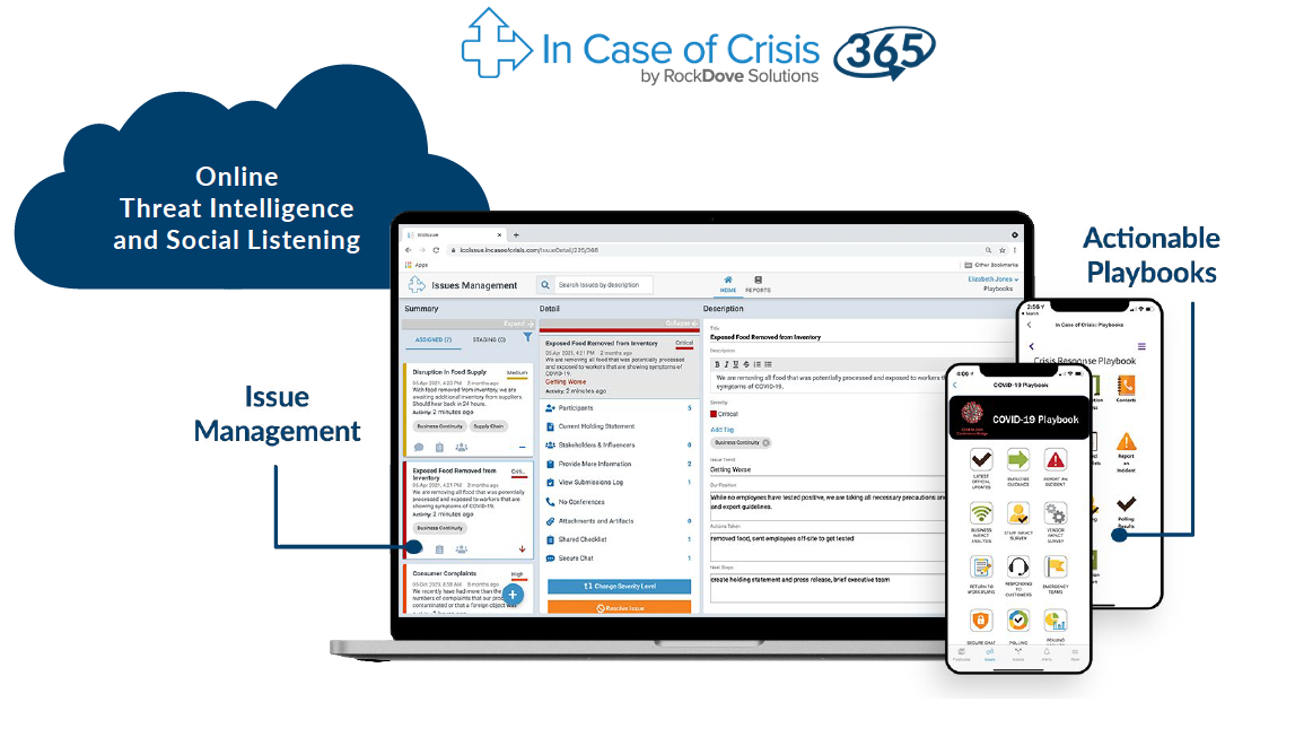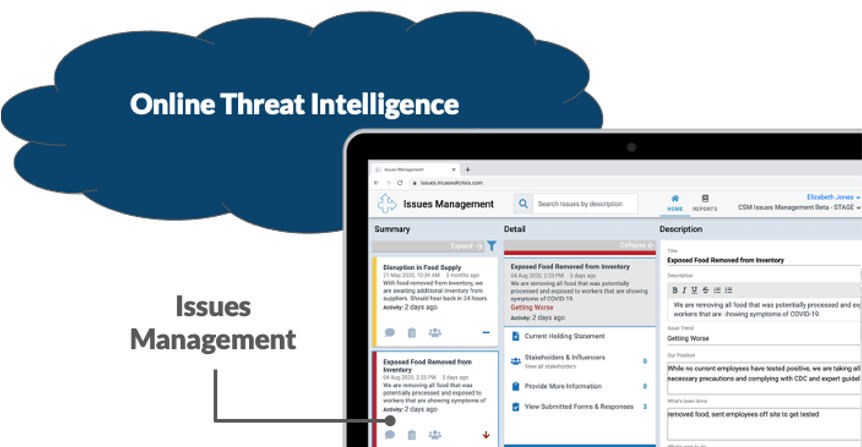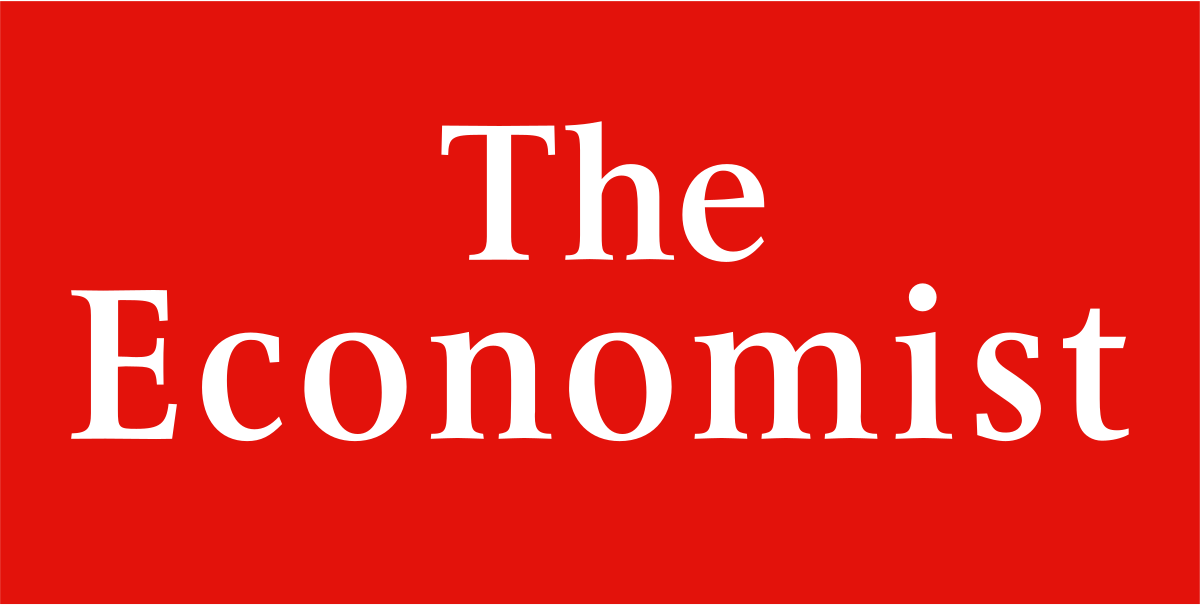On the latest episode of On Top of PR podcast, crisis expert and RockDove Solutions' Chief Operating Officer Chris Britton explains how business leaders can best prepare for an environment where multiple, unique crises are hitting an organization all at once. When you have a pandemic, a faltering supply chain, rapidly changing energy and commodity prices, data security hacks, even civic unrest – it creates a situation in all businesses where crisis is the new normal.
Read More >News Updates
As published in The Economist on November 30, 2020.These are difficult times for companies as they struggle to cope with the pandemic’s impact on their workforce, their operations and in some cases their very chances of survival. To complicate matters further, managers face the challenge of striking the right tone when communicating with customers and partners. Fail to mention the crisis, and you risk looking uncaring or disconnected from reality. But gratuitous references to the situation can come across as tin-eared at best, and as mercenary profiteering at worst. Even at the best of times, there is a “shoot the messenger” tendency to blame the comms team when things go wrong, says Janie Jordan, a specialist in crisis communications based in New South Wales. The rise of social media and “cancel culture” make corporate missteps even more dangerous. Some communications experts see a silver lining, however. Bosses may be more willing to try something new during a crisis, opening up new opportunities, says Christopher Britton, co-founder of RockDove Solutions, a corporate-communications firm based in Maryland. So what are the dos and don’ts when it comes to communicating in difficult times?
So much for the content. What about tone? The pandemic has also increased the importance of how messages are conveyed. The experts we spoke to suggest the following:
Another source of risk is that processes around communication will be disrupted or circumvented in a crisis. So what should you watch out for?
Finally, over-prepare for the unexpected. Organisations that have avoided communications slip-ups so far may feel they have little to fear. But complacency is dangerous. So brainstorm for ways the pandemic could cause a PR emergency for your company, whether by missteps, bad luck, or malicious disinformation. Then “war game” the scenarios to better prepare for the real thing.
|
| ______ Article published on The Economist. |
| Monday, November 2, 2020 — Washington, D.C.— RockDove Solutions, developer of an award-winning Issue and Crisis Management Platform, has released the next generation of their platform, In Case of Crisis 365, to enable organizations to document, track, and resolve emerging issues before they escalate to a crisis. This release comes at a crucial time, as threats to continuity of operations are strained by the ongoing pandemic and reputational risks can be ignited overnight. In Case of Crisis 365 was developed to be a purpose-built platform that removes the complexity of responding to and resolving emerging issues by easily connecting cross-functional teams and stakeholders to actionable playbooks, intelligent workflows, and powerful communication services. RockDove Solutions COO Christopher Britton spoke to the value of this next-generation platform: “Today, companies are facing real challenges in both how they collaborate and respond to an ever-increasing number of issues unfolding at an alarming rate. In Case of Crisis 365 takes clients from being prepared to respond to a crisis, to activating the right people, at the right time to address emerging threats and work together regardless of their location or area in the business.” CTO Ray Baldwin shared the vision behind the release of In Case of Crisis 365: “Through the shared experience of the global pandemic, which destabilized virtually everything we do, we saw an opportunity to support the entire issue and crisis life cycle within our platform. Key to our design is an enterprise-ready platform that can be launched quickly within any size organization, is easy to adopt, and brings cross-functional teams together.” Britton added that after an issue has been resolved, In Case of Crisis 365 creates After Action Reports so that the valuable insights can become lessons for the organization to distribute and build upon. The platform truly supports the full issue and crisis life cycle, allowing organizations to be better prepared and respond faster.” Corporate crises can risk health and safety of staff, harm reputations, create distractions from the corporate mission, and be harmful to the organization's valuation. The RockDove Solutions team is driven by the purpose of protecting clients from threats they face now, or may soon face in the future. The RockDove Solutions team is prepared to support any use case brought to the table by the hundreds of organizations currently leveraging In Case of Crisis, across a spectrum of industries, including financial services, hospitality, education, utilities, and technology services. |
| ______
RockDove Solutions is headquartered in St. Petersburg, Florida, the team is based outside of Washington, D.C. and is the developer of In Case of Crisis 365, an award-winning issue and crisis management platform. Our mission is simple: to help organizations move from static plans and generic company tools, to a purpose-built issue and crisis management platform.
Press Contact:
Downloadable images available here. |
The holiday season and shopping sprees that come with it don’t always bring tidings of comfort and joy to the payments industry. In this digital era, data breaches and crises can emerge quickly, are often driven or escalated by social media, and develop at a frighteningly fast pace.
This year, the National Retail Federation predicts holiday spending will reach between $727.9 billion and $730.7 billion. With data breaches on the rise the challenges are clear, whether consumers are using credit & debit cards for their in-store purchases or using digital payment methods and mobile wallets like Apple Pay.
Read More >In this digital era, data breaches can come at any time and from any direction. Threats emerge from unexpected places, and the potential damage to a company’s customers, reputation and bottom line are often driven or escalated by social media and develop at a frighteningly fast pace. The all too often result is an organization and its crisis team struggling to coordinate ongoing speedy and effective responses.
Read More >October 28th, 2019 -PR professionals know all too well that threats to a brand’s reputation can emerge any time, any place. And, since issues are often driven or escalated by social media, they develop at a frighteningly fast pace. Is yesterday’s crisis plan—in a binder on a shelf—really the most effective way to prepare in today’s day and age? I say not any longer.
Based on a recent survey of corporate executives, odds are, even if your client has a crisis plan, it’s likely out-of-date, inaccessible to those who need it when they need it, and unlikely to resolve the specific crisis they are encountering.
Read More >Innovation is often associated with technological advancements that impact us in a positive way.
When it comes to communication in the digital era, however, you may be asking, “Is high-tech friend or foe?”
There is no doubt new technologies have ushered in new ways to stay connected and informed. And the benefits are clear when there is a need to respond to a natural or man-made disaster, or even “get the word out” about the latest and greatest news about your company. Yet, the challenges are equally clear when a company is suddenly faced with a crisis.
Read More >When facing data breaches and other crises, organizations have a need for speed and honesty. Adding an app to the arsenal can't hurt, either.
The fully-digitized, omnichannel world can be a marketer’s dream around a new product launch or other brand messaging. It can also accelerate bad news. A crisis can travel halfway around the globe before a communications team has put on their proverbial shoes.
It doesn’t have to be this way. Digital problems call for digital solutions. RockDove Solutions developed an app for that called In Case of Crisis, now in the hands of over 750 corporate clients.
Read More >












